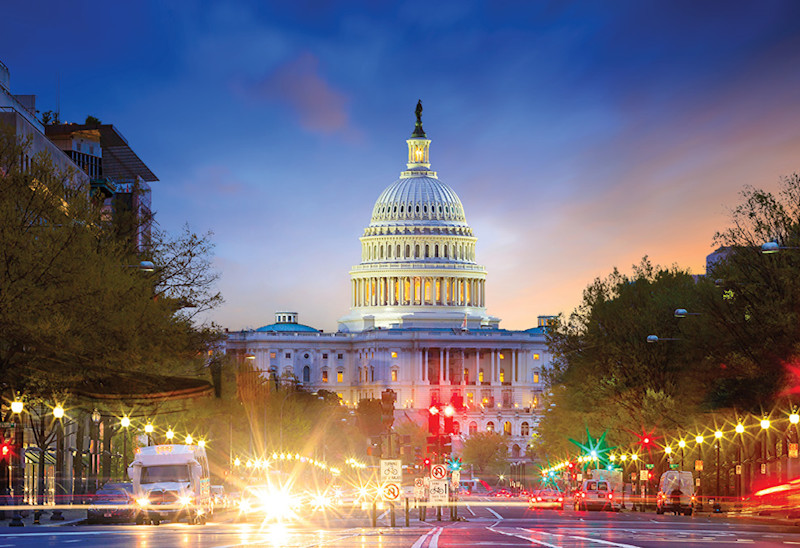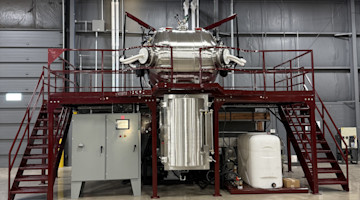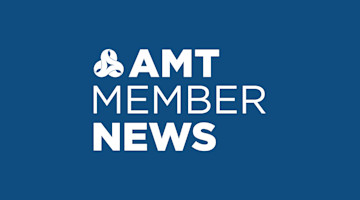The impeachment investigation is currently dominating the congressional agenda. While attention is focused on the proceedings, there has been little action on manufacturing priorities.
STOPGAP FY2020 FUNDING
The president signed a continuing resolution funding government programs and agencies through Dec. 20. Funding would have run out on Nov. 21 without the stopgap resolution. The extra time probably isn’t enough for lawmakers to pass all 12 appropriation bills, considering zero have passed Congress to date. Negotiations have stalled for weeks over a lack of consensus on partisan issues like funding for President Trump’s border wall as well as spending on Labor, Health and Human Services, and Education programs.
U.S.-CHINA TRADE NEGOTIATIONS
The United States and China have stalled in recent weeks on Phase 1 of an agreement to end to the almost Two-year trade war. In October, the administration suspended a tariff increase on $250 billion in Chinese imports scheduled for later that month. China agreed to increase purchases of agricultural products. Both were actions of good faith, but there are still significant issues to be addressed. More U.S. tariffs are scheduled to go into effect on $160 billion of Chinese goods on Dec. 15, which, if applied, will result in tariffs on almost every product imported from China.
USMCA (NAFTA 2.0)
USMCA is on the front burner as the business community and congressional Republicans step up efforts to bring the measure to the House floor for a vote where it is expected to pass followed by quick Senate approval. House Speaker Nancy Pelosi is working with the Trump administration negotiators and organized labor to ensure enforcement of labor and environmental reforms included in the agreement. AMT recently joined more than 350 business groups in a letter to every member of Congress urging USMCA approval before the end of the year.
U.S.- JAPAN AND EU TRADE DEALS
President Trump and Japanese Prime Minister Shinzo Abe signed a limited trade agreement earlier this fall that would reduce or eliminate tariffs on agricultural products, digital trade, and some industrial goods, including certain machine tools. The deal does not address tariffs on imports of Japanese autos, but the USTR said it was not currently the U.S. intention to raise them.
Last May, a Commerce Department investigation determined the imports of autos and auto parts from Japan and the EU were a threat to national security under 232 of U.S. trade law. In the wake of the Japan deal but still absent an agreement with the EU, the president ran out of time to impose tariffs on the EU. He recently announced he is considering new investigations into EU trading practices.
EU TARIFFS
The World Trade Organization authorized the Trump administration to impose tariffs on up to $7.5 billion worth of European goods, capping nearly 15 years of litigation over illegal European subsidies to Airbus. The United States said it will impose 10 percent tariffs on large civil aircraft and 25 percent on agricultural and other products. The bulk of the duties will be applied to imports from France, Germany, Spain, and the U.K. Visit www.USTR.gov for a full list of the impacted products.
If you have questions on government relations issues, email me at athomas@AMTonline.org






